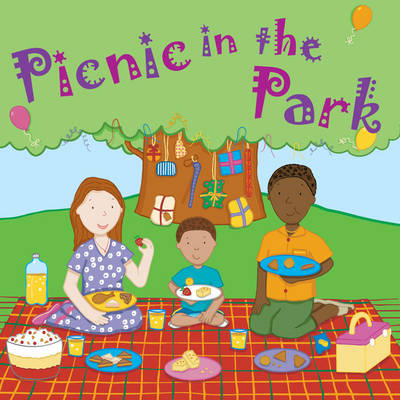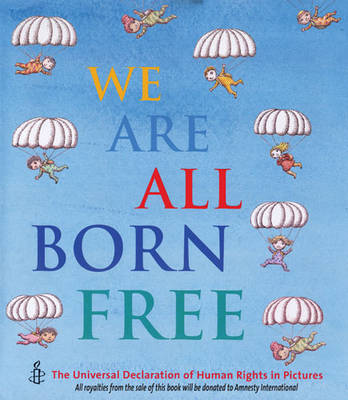Text: Picnic in the park- Joe Griffiths
and Tony Pilgrim
Lesson plan by Andrew Moffat
|
Resources: large picnic rug.
If possible a piece of food for every child – fruit or a biscuit or a sandwich.
Something small that can be eaten quickly.
|
SEAL Outcomes: New beginnings: I feel good about the
ways we are similar in the group and the ways we are different/ I can tell
you how I am the same as and different from my friends
Say no to bullying: I am proud of the
ways I am different
|
LO: To understand families can be
different
|
Starter: Put the word
“family” on the board- what does it mean? Who is in a family? Is there one
kind of family?
|
Main: Read “Picnic in the park”. Who
comes to Jason’s picnic? Why do they come? How many different families can
you remember? What did the families bring to the party? Why did they bring
things?
|
Role play: Place a large rug
on the carpet and say we are going to have our own picnic. Show the children
the food they are going to bring and ask them to think about who is going to
be in their family. Children can put themselves in to any group and be a
family or they could come by themselves. Each group / person needs to bring
some food to the rug when they come. Choose a child to be Jason (or a girl)
and have them welcome each “family” to the rug. Each family should introduce
themselves as they arrive- this is Mum, this is auntie / my brother etc before placing
their gift on to a large tray and then sitting on the carpet. Once everyone
is on the carpet share the food.
|
Activity: Who is in your role –play family? Children draw and label each
person.
|
Plenary: Did Jason turn
anyone away from his picnic in the park? No! He made sure there were no outsiders!
And there were lots of different families there- some with one Mum, two dads,
a mum and dad, foster children etc Everyone was welcome!
Return
to the family used in the starter. Who can be in a family? Is there only one
kind of family?
|
Suggested
AFL questions: Today I have learned/ A family can be…
|
For 35 lesson plans based on picture books see "No Outsiders In Our School: Teaching the Equality Act in Primary Schools" by Andrew Moffat


